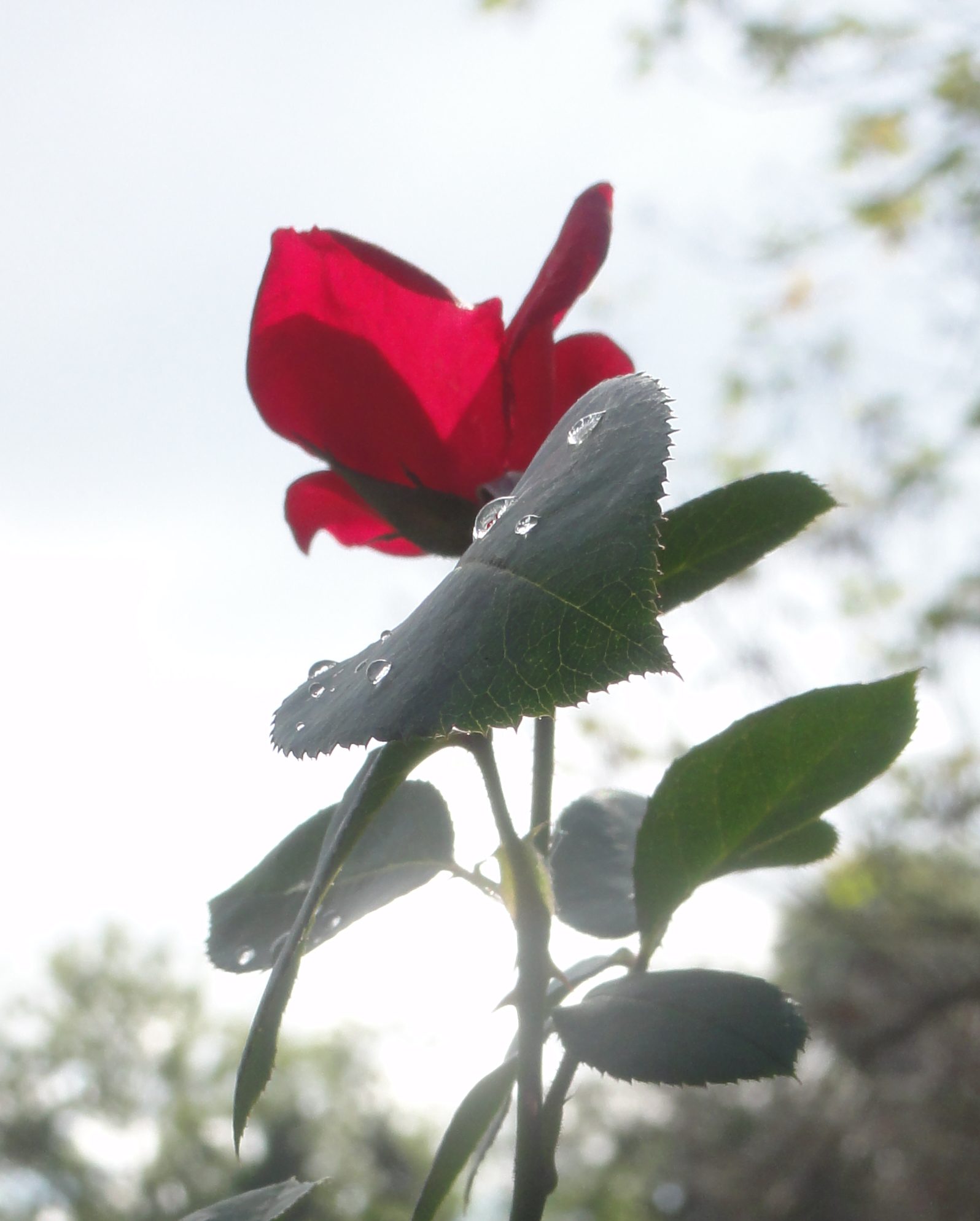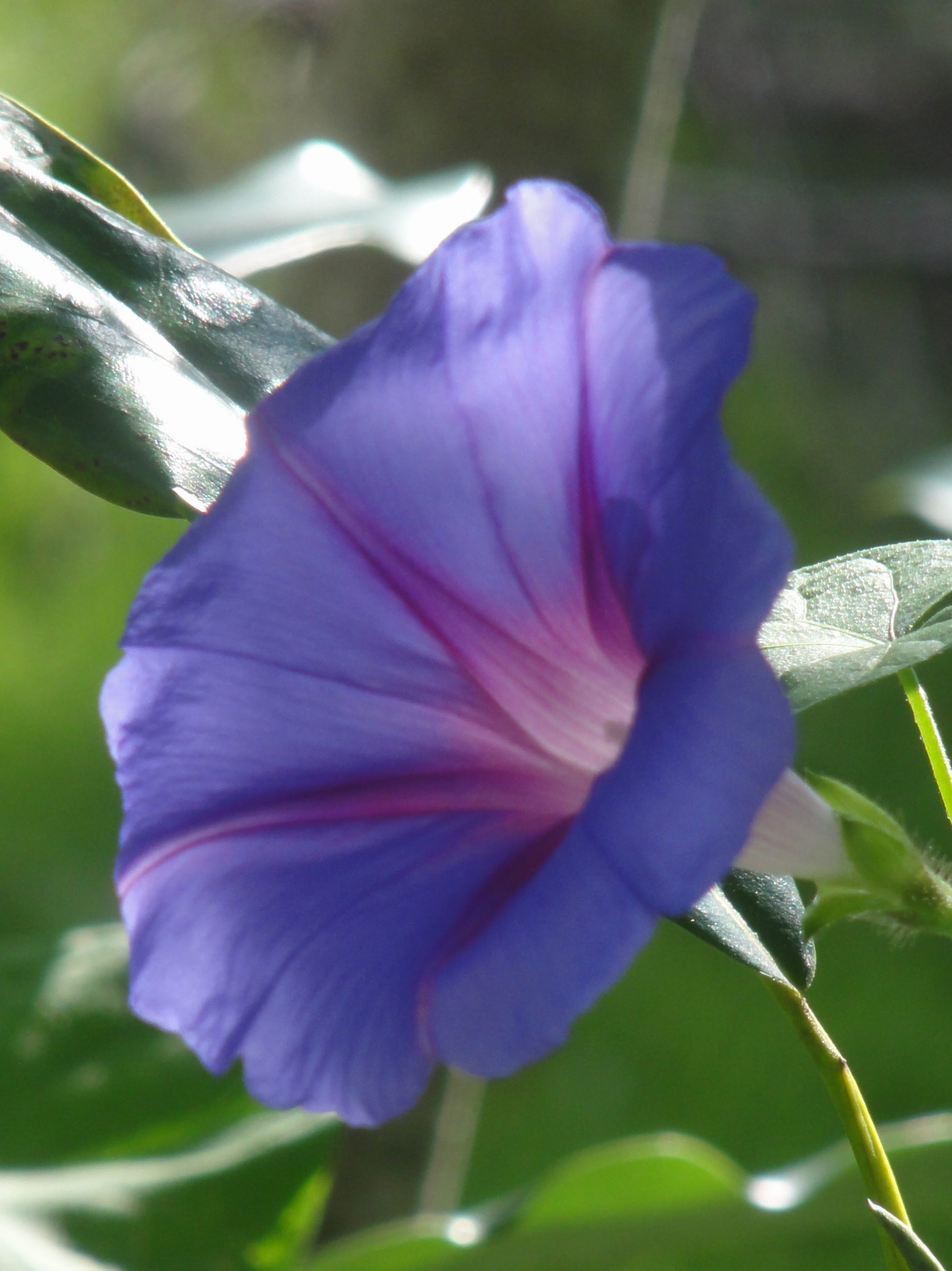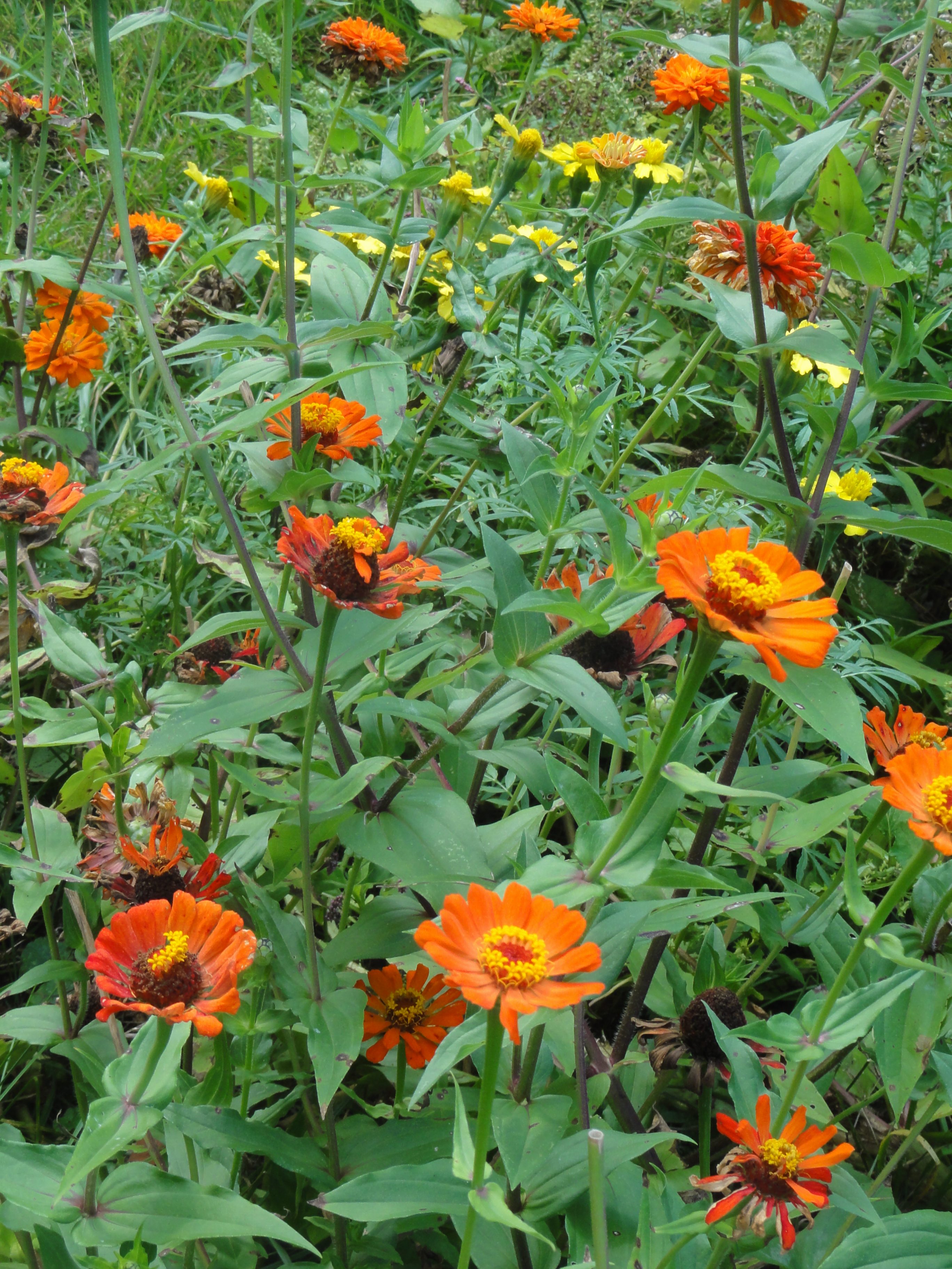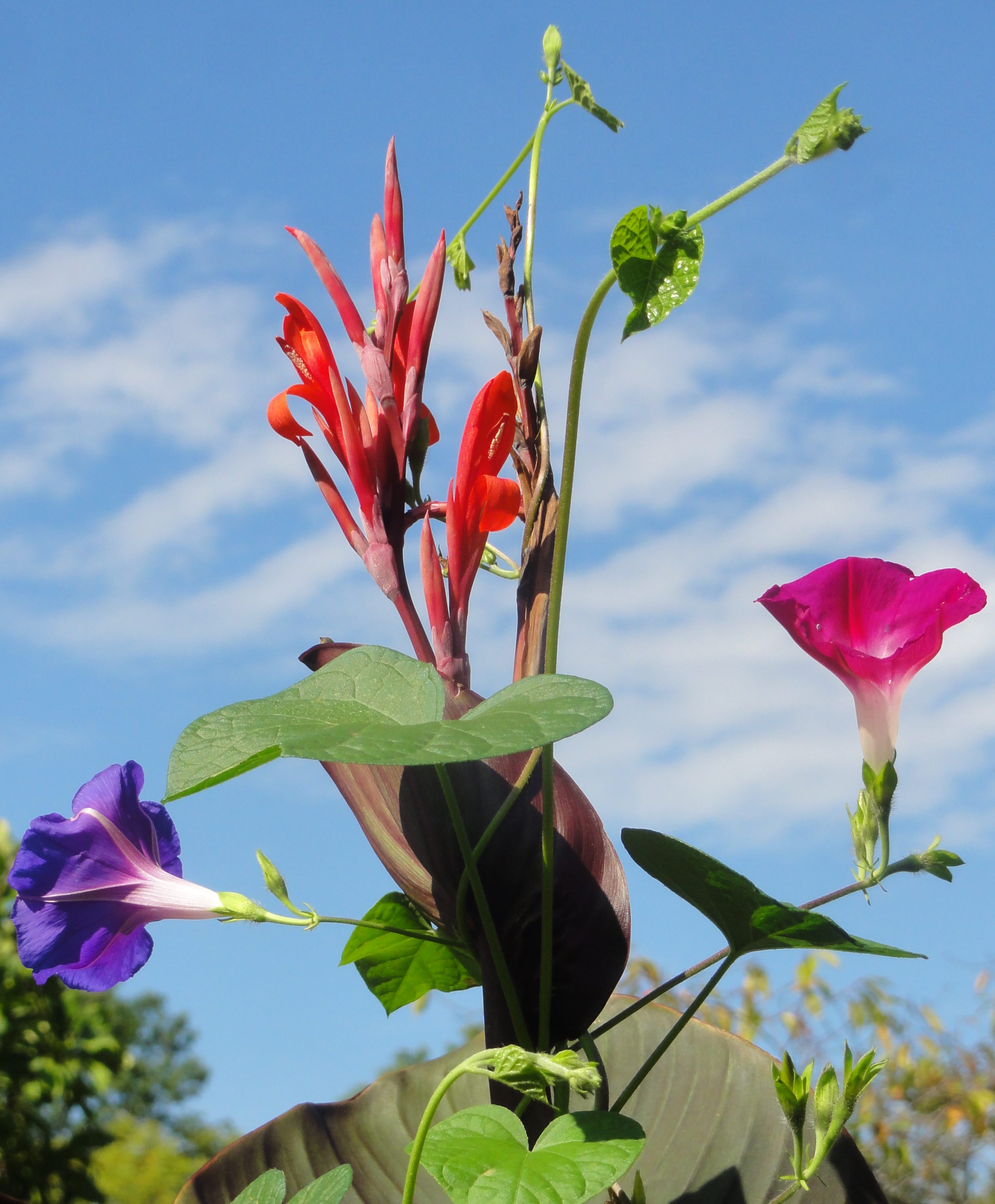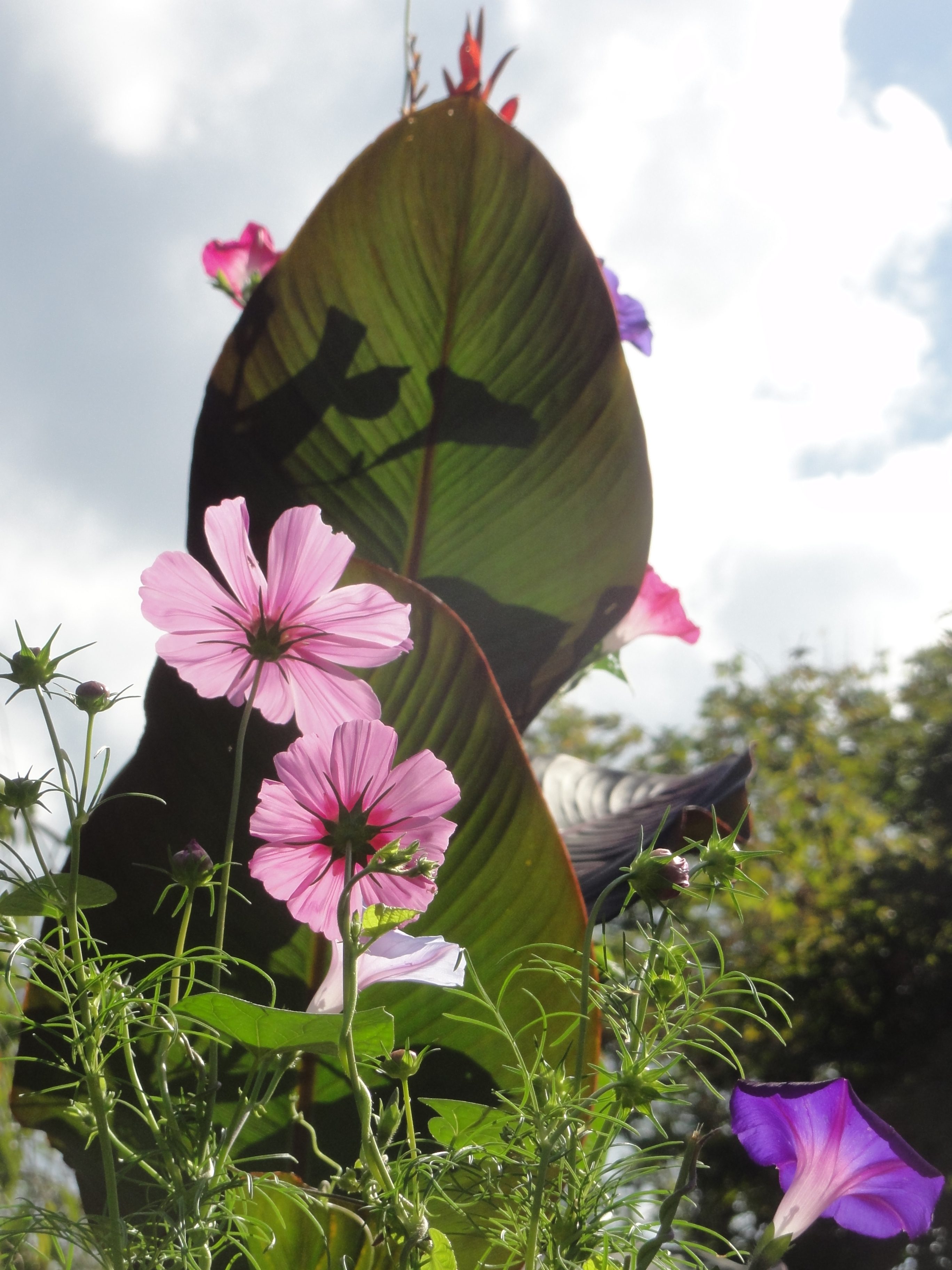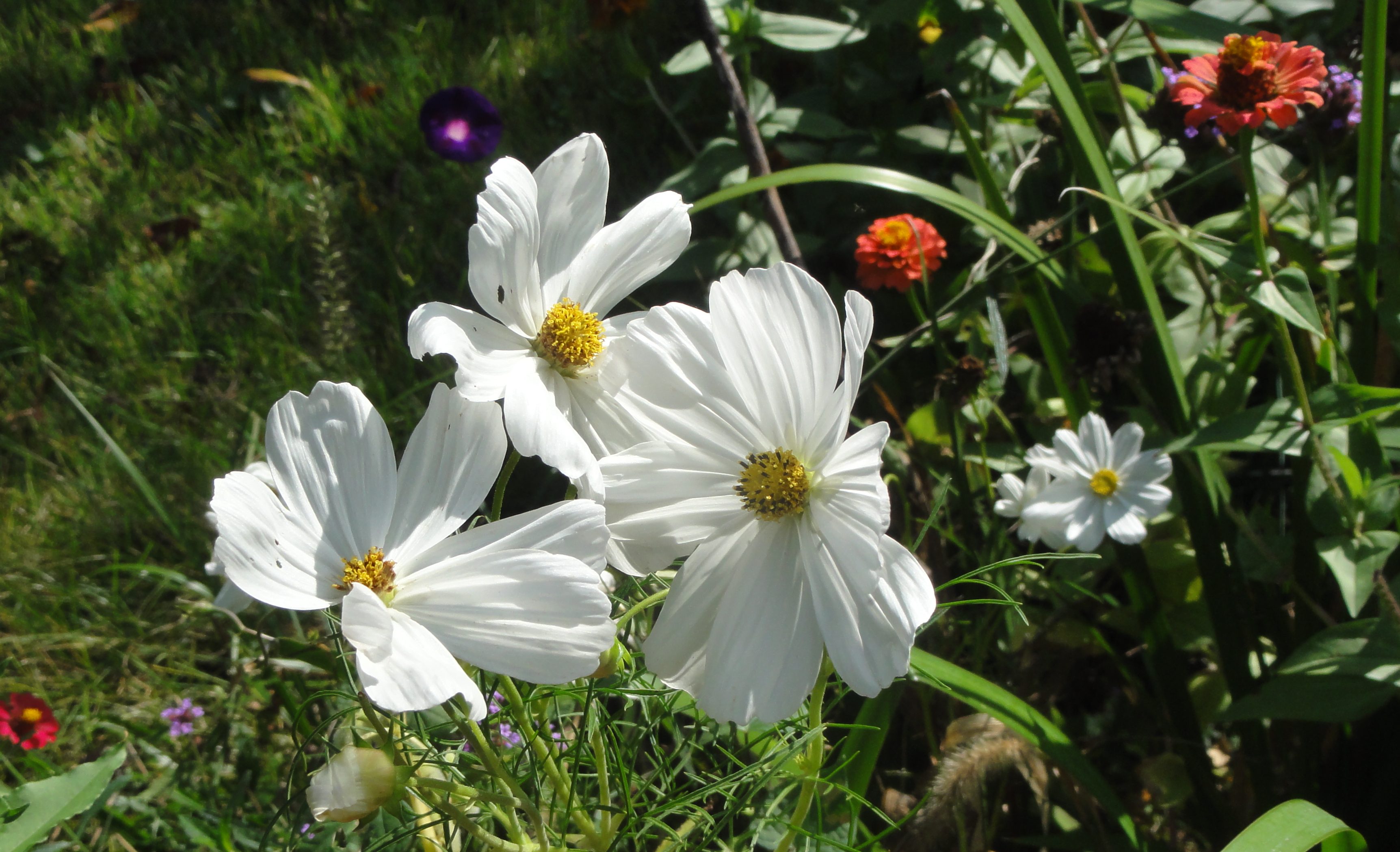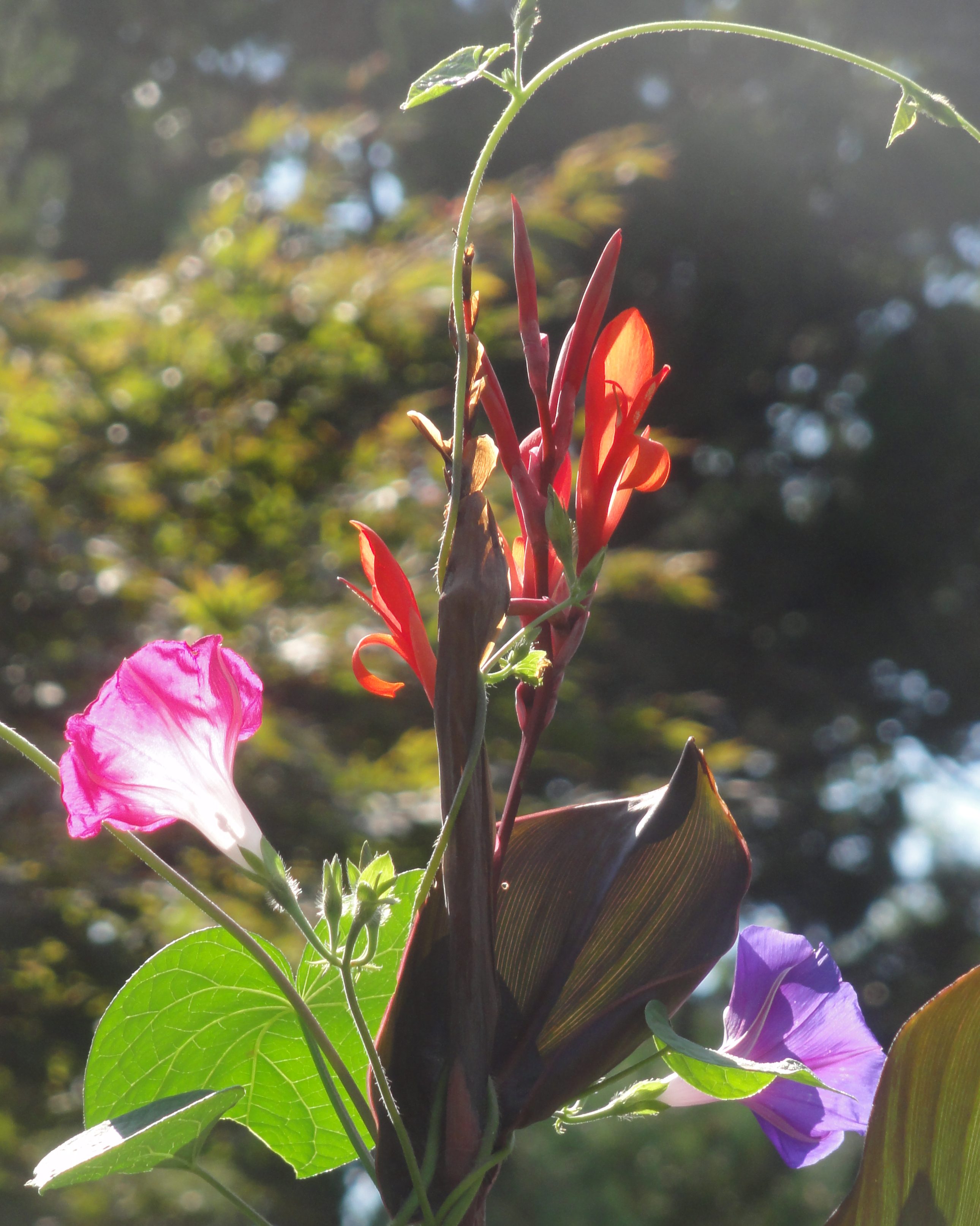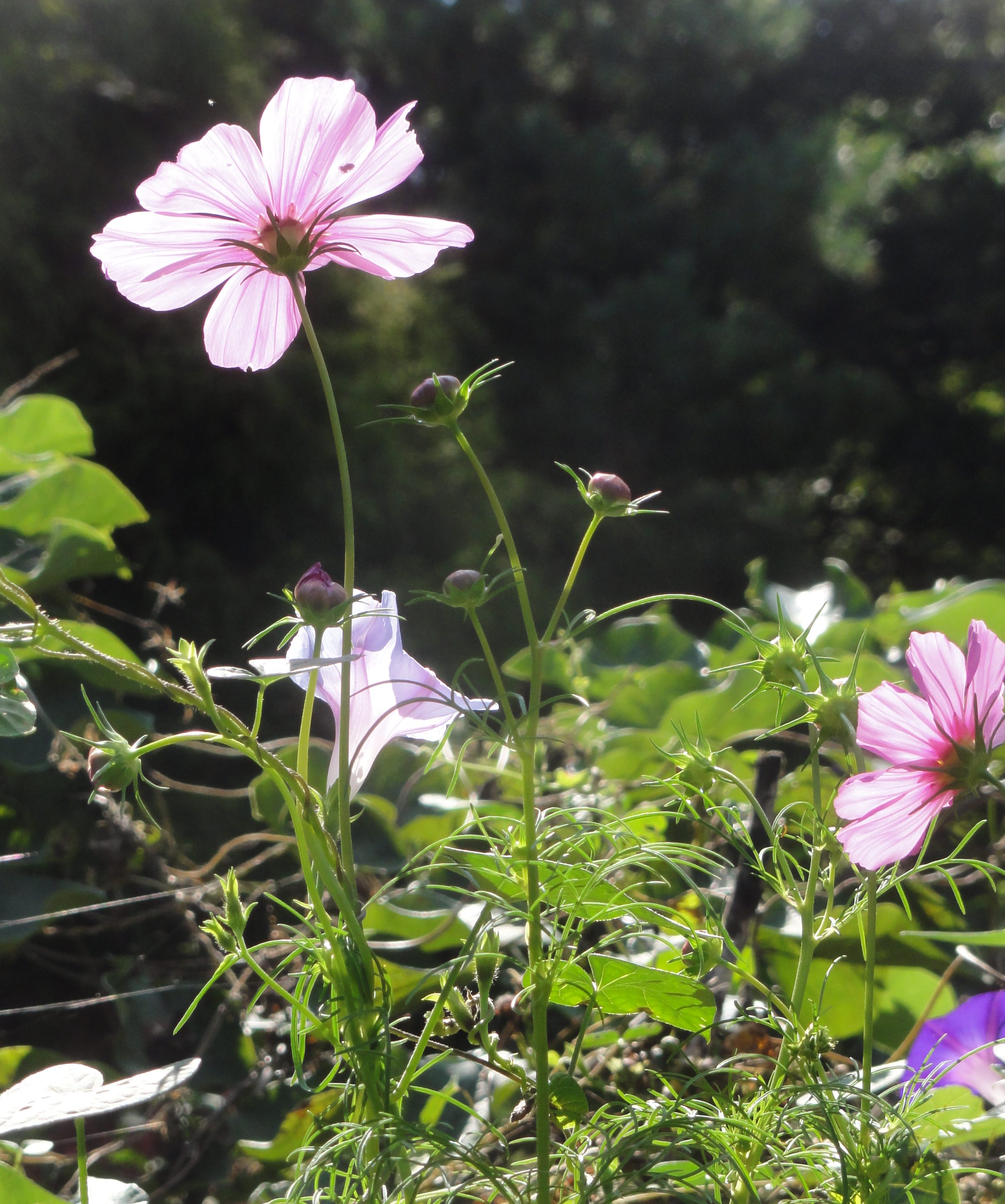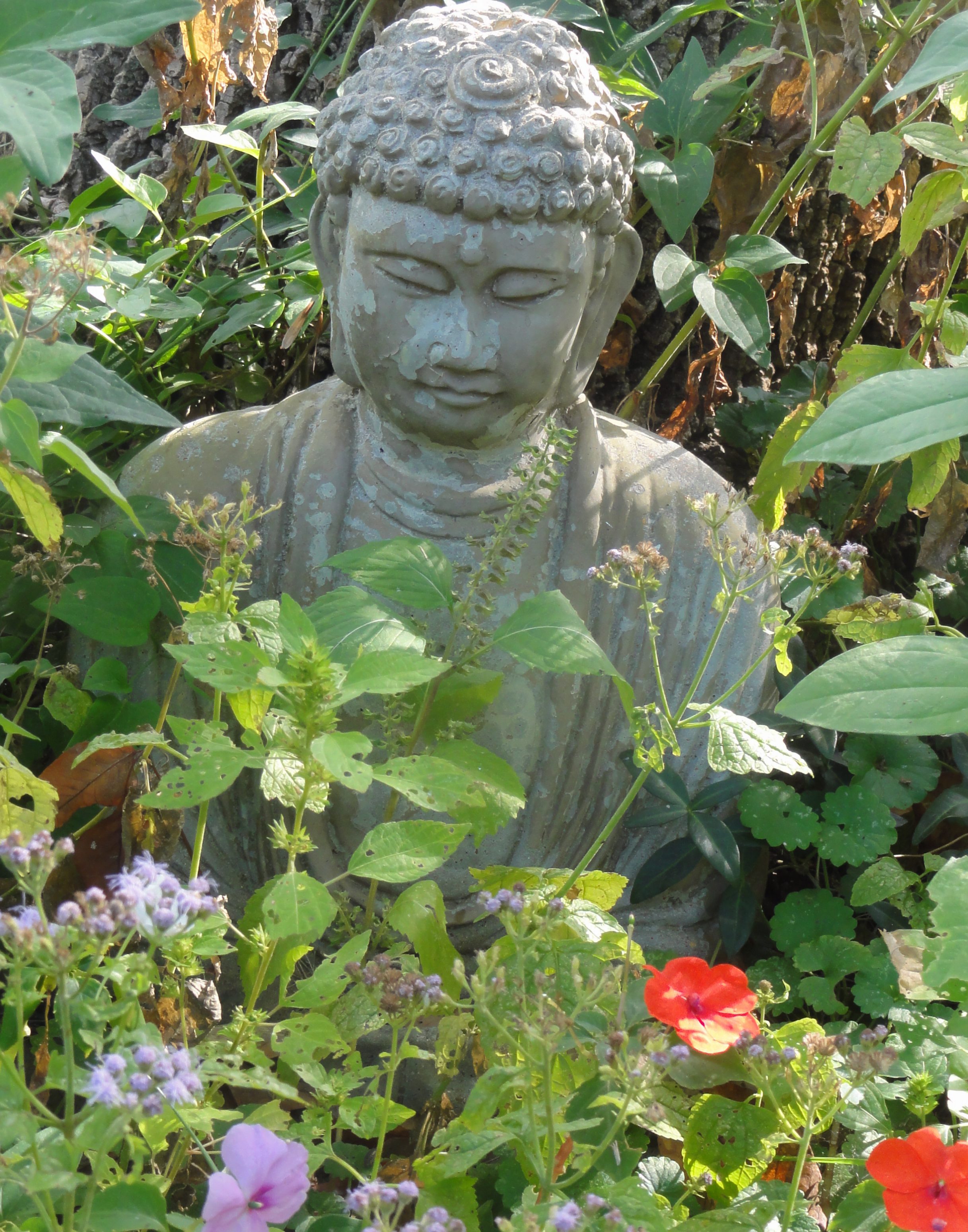Good morning!
Last time I compared Zazen practice to mountaineering. Step by step we climb with effort, and we experience clear, cool air and calm, changing scenes. Eventually we can climb to the highest peak, commanding vast views of countless peaks in pure peace and prognosis with boundless bliss.
Most people, however, are too busy or lazy to aspire to mountaineering, to make efforts to experience the exaltation of elevation away from their busy bustle and boundless bitterness. Even aspiration may be broken by sickness, slackness, short-sightedness, short-circuiting, etc., midway or even close to the peak.
On his deathbed, the Buddha allowed Subaddha to ask him – despite being refused by Ananda thrice – “What is the true religious leader?” The Buddha answered, “Subaddha, I renounced my house at 29, seeking goodness. Fifty and more years have passed since. I have been walking only in the realm of Right-way and Dharma. There is no other ‘striver in the Way.’”
Nī, the root of naya, translated Right-way, means “leading, reasoning,” but it also means vi-naya, off-lead, discipline – leading off bad karma to good, like training a wild, untamed elephant to become a tamed, useful one. Discipline is the first of the Triple Learnings of sīla (morality), samādhi (concentration), and prajňā (prognosis).
As Dogen said, cultivation and verification, training and witnessing, are one. We cultivate ourselves and verify the results of cultivation at the same time. We may not witness this so obviously, however, just as when a huge ship collides with a small one, the action-reaction result shows little for the huge ship due to its much larger volume.
Awakening, witnessing truth in nirvana, no-wind of karma, leads to freedom, equality, compassion, and peace (fivefold bliss of cultivation/culture). Anyone who practices Zazen can witness nirvana/prognosis, enjoying the holy (wholly wholesome) way world, harmony, health, and happiness always, at any place.
10/6/18
Note: Kusala, translated as goodness above, literally means skillfulness from “good at cutting kusa, grass.” So, it depends on the situation – poison may be used as medicine and medicine may become poisonous, depending on the situation.
お早うございます!
前回私は坐禅の実践を登山と比定しました。私たちは一歩一歩と努力して上れば、清浄で清涼な空気と平穏で移り変わる風景を体験できます。最終的には最高峰に登り、無限の至福のある純粋な平和と展望の中に無数の峰々の広大な眺めを享受することができます。
しかし、ほとんどの人は、多忙や怠惰のために、忙しい喧騒と無限の苦渋から遥かに上昇する歓喜を体験する為に努力する登山を希求しません。たとえ希求しても途中で、あるいは峰の近くまで来たのに病気、気の緩み、近視、短絡などによって挫折するかもしれません。
死の床にあったブッダは、スバッダが、アーナンダに三度拒否されたにもかかわらず、「真の宗教指導者とはどの様な人ですか?」と尋ねることを許しました。ブッダ「スバッダーよ、私は29歳で家を出て、それ以来50余年を過ごしたが、正道と法の領域だけを歩いて来た。そのほかに「道の修行者」はいない。」と言いました。
ナヤの語根nīは、「導く、理由付け」という意味ですが、vi-naya、離-導、教導、すなわち狂暴で調教されない象を調教され有用なものにするように悪業を善業に変えることも意味します。教導(規律)はシーラ(戒:道徳)、サマーディ(定:三昧)とパンニャー(般若:智恵:洞察)の三学の最初のものです。
道元が言われたように、修行と証悟、訓練と達成、は一如です。私達は自分自身を訓練修行して、同時に訓練修行の結果を証悟達成します。しかし、巨大な船が小さな船に衝突した場合のように、運動反動の結果(運動)は巨大な船にはその重量膨大の為ほとんど見られません。
覚醒、すなわち涅槃、業風止、で真実を確証すること、は自由、平等、慈悲、平和(修行/文化:修行/文化cultivation/cultureの五福)に導きます。坐禅を実践する人は、何処でも何時でも、涅槃・覚醒を確証して聖(全体健全)なる調和、健康、幸福を享受することができます。
2018年年10月6日
註:Kusala(上に善と翻訳)「KUSA:草-ラ:上手」の造語によるもので文字通りには上手・熟練を意味します。だから、それは状況によって異なりますー状況によっては毒は薬として用いられ薬も毒になり得ます。

